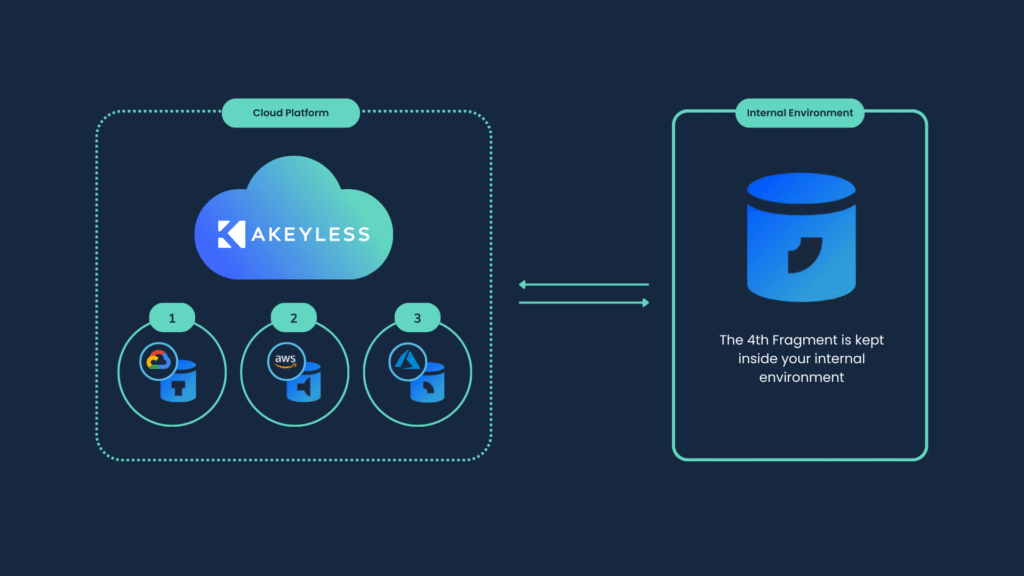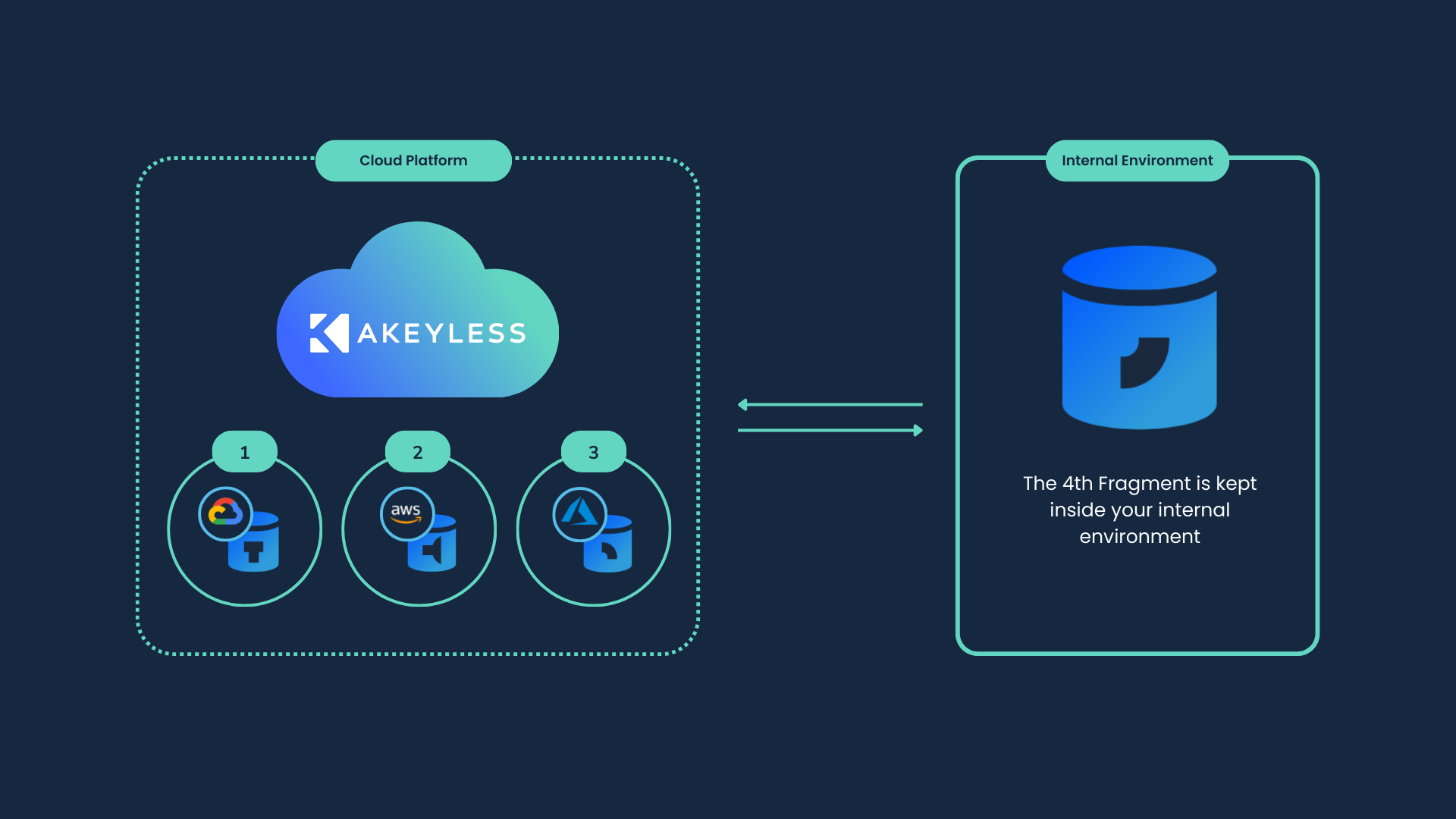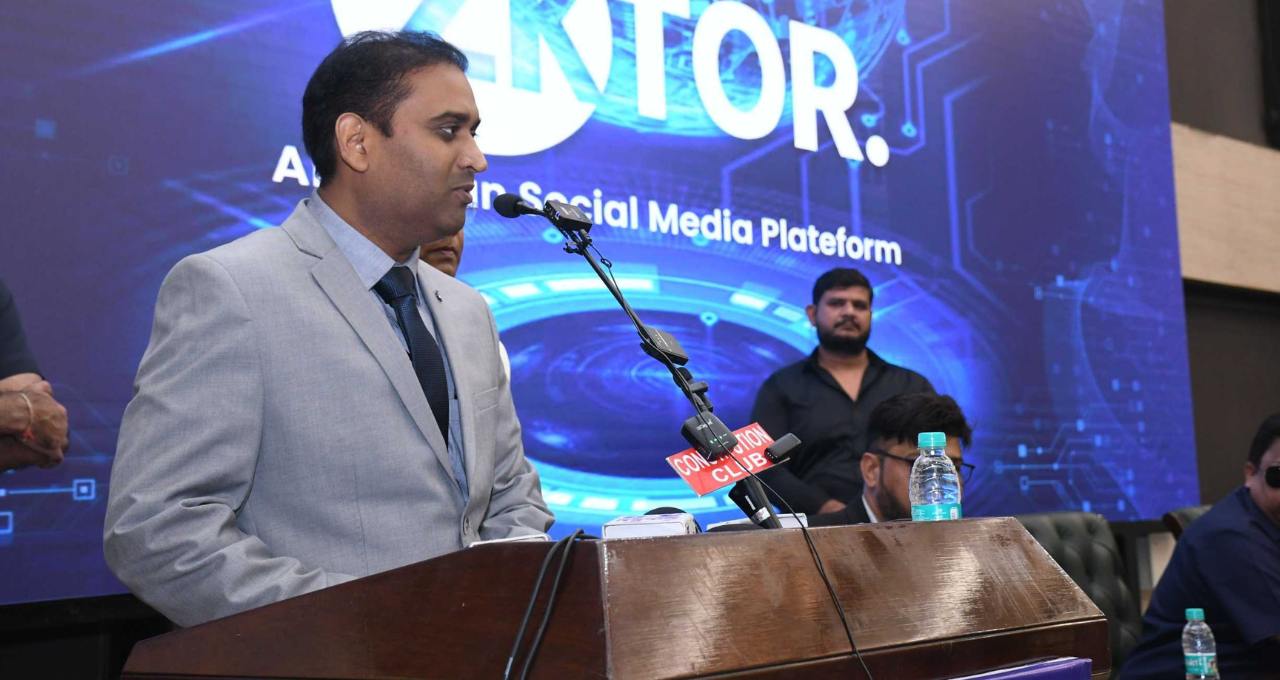By: Arvind Rao | Senior Fellow, South Asia Digital Policy Institute
I. The Silent Front in Global Influence
For decades, geopolitical power has been measured in military strength, economic output, and diplomatic reach. But in the 21st century, a quieter, more pervasive form of power has emerged – digital soft power.
Platforms, protocols, and apps have become conduits for shaping narratives, setting cultural trends, and even influencing political outcomes. The United States has Facebook, Instagram, and YouTube. China has WeChat, Weibo, and Douyin.
India, despite being the world’s largest open internet market, does not yet have a globally recognized, Indian-owned social platform that embodies its values and operates at global scale. This absence has forced India’s 1.4 billion citizens to live in digital spaces governed by foreign rules, foreign servers, and foreign algorithms.
Into this vacuum steps ZKTOR, a pre-launch, privacy-first, hyperlocal-enabled super app developed by Softa Technologies Limited – positioned not merely as a commercial product, but as a strategic instrument of digital sovereignty.
II. Why a Super App Matters for Soft Power

Soft power is the ability to shape preferences through attraction rather than coercion. In the digital age, platforms are among the most potent instruments of this attraction.
A super app is not just a bundle of features – it is an ecosystem that becomes the default space for communication, entertainment, commerce, and community life. The more deeply a super app integrates into daily routines, the more influence it wields over cultural flows, information dissemination, and economic participation.
For India, an indigenous super app like ZKTOR could:
- Retain narrative control within Indian jurisdiction.
- Export Indian tech standards to friendly nations.
- Empower diaspora communities with culturally and linguistically aware digital infrastructure.
- Showcase India’s capability to create world-class technology independent of Western or Chinese templates.
III. The Privacy-First Difference
Global soft power in the digital sphere has largely been built on data extraction models – U.S. platforms monetize attention, Chinese platforms integrate with state data frameworks.
ZKTOR’s model diverges sharply:
- Non-extractable media ensures that images, videos, and files cannot be saved, linked, or reused without explicit consent.
- End-to-end encryption with keys stored within India’s jurisdiction removes the threat of foreign legal overreach.
- Metadata minimization reduces the digital footprints that can be exploited for surveillance or profiling.
- Hyperlocal moderation enables community-specific governance without blanket censorship.
This privacy-first approach gives India something rare to project internationally: a trust-based digital architecture that could appeal to the Global South, Europe’s privacy-conscious markets, and diaspora users wary of both U.S. ad-tech and Chinese state-tech models.
IV. Hyperlocal as Cultural Diplomacy
Where global platforms flatten culture to fit algorithmic convenience, ZKTOR’s hyperlocal feeds preserve and amplify diversity.
For India’s soft power, this is significant:
- In the diaspora: An Indian student in Toronto sees updates from both Toronto’s Indian community and her hometown in Kerala, reinforcing cultural connection.
- In trade diplomacy: Cultural events, language days, and cross-border community projects can be promoted in local languages, deepening bilateral ties at the people-to-people level.
- In tourism promotion: Hyperlocal cultural content can inspire diaspora and foreigners to explore regions beyond India’s usual tourist circuits.
In other words, hyperlocal tech becomes a form of digital cultural diplomacy – turning diversity into an exportable asset.
V. Diaspora as Force Multiplier
India’s 32-million-strong global diaspora is often called its “13th state” – economically influential, politically active, and culturally connected.
Yet, diaspora digital life is fragmented:
- WhatsApp for family
- Facebook for community groups
- Instagram for cultural pride
- Multiple event apps for local gatherings
ZKTOR could consolidate this into one secure, sovereign ecosystem, giving India’s diaspora:
- One trusted hub for cultural, civic, and personal interaction.
- Localized feeds that blend host-country and home-country updates.
- Safe space for civic engagement without foreign algorithmic manipulation.
For Indian soft power, this matters: diaspora communities become more cohesive, better informed, and more capable of coordinated cultural influence.
VI. Counterweight in the Tech Power Triangle
Right now, the global tech landscape is dominated by three spheres of influence:
- U.S. Tech – driven by ad revenue, headquartered in Silicon Valley, with global reach but Western value alignment.
- Chinese Tech – integrated with state strategy, combining commerce, social media, and payment systems.
- EU Regulation – GDPR and AI governance frameworks influencing platform behavior worldwide.
India, despite being a top user base for both U.S. and Chinese platforms, has no equivalent platform exporting its own values. ZKTOR offers an opening to change that – positioning India as a fourth pole in the global digital order, one defined by:
- Privacy without isolation
- Cultural plurality without cultural dilution
- Economic inclusion without data exploitation
VII. Exporting Standards, Not Just Software
If ZKTOR succeeds domestically and with diaspora adoption, its architecture could be licensed to friendly nations, not as a “Made in India” product, but as a framework for sovereign digital ecosystems.
Potential export markets:
- Africa – nations looking for affordable, culturally adaptable, privacy-first social infrastructure.
- Latin America – democracies seeking alternatives to U.S.-China tech dominance.
- Middle East – countries with large Indian expatriate communities.
This exportability turns ZKTOR into more than a platform, it becomes a standard. Just as India’s digital payments infrastructure (UPI) is now being adopted in Singapore, UAE, and France, ZKTOR’s model could define how the next billion users experience social media.
VIII. Investor Lens: Strategic, Not Just Commercial
From an investment standpoint, ZKTOR sits at the intersection of:
- National tech sovereignty
- Diaspora connectivity
- Privacy market demand
- Hyperlocal commerce potential
These are not just consumer trends, they are policy priorities in many countries. An Indian platform that delivers on all four fronts could attract:
- Strategic sovereign funds from nations seeking digital allies.
- Impact investors focused on ethical technology.
- Venture capital looking for scalable, defensible ecosystems.
The key here is that ZKTOR’s value proposition is resilient to regulation — privacy-first platforms are far less likely to face the antitrust and privacy backlash now hitting Big Tech.
IX. Risks and Realities
Strategic potential does not guarantee execution. ZKTOR will face:
- Scaling challenges in balancing hyperlocal governance with global uniformity.
- Competitive pushback from entrenched platforms.
- Political pressure if it becomes too influential in public discourse.
Softa’s approach – a measured rollout, emphasis on community-building before monetization, and early diaspora partnerships – is designed to mitigate these risks.
X. The Future: From Platform to Policy Asset
If ZKTOR reaches even 20% domestic penetration and high diaspora adoption, it could function as:
- A cultural diplomacy channel, hosting bilateral cultural events entirely within an Indian platform.
- A secure crisis communication tool, for disaster response or diaspora safety alerts.
- A soft power amplifier, where Indian arts, cinema, and heritage are promoted without algorithmic bias.
In the global perception game, having a widely respected, widely used Indian platform changes the narrative: India is not just a market for tech – it is a maker of digital norms.
XI. Conclusion: A Platform of Principles
Soft power is about attraction, and nothing attracts like trust. In a world where most platforms trade trust for growth, ZKTOR’s bet is the reverse: build trust first, and growth will follow.
For India, the launch of ZKTOR is more than a business event. It is a strategic moment – the possibility of shaping the digital world in Bharat’s image, exporting values of privacy, diversity, and local empowerment to a global stage.
If the 20th century’s soft power symbols were Bollywood films and cricket matches, the 21st century’s may well include an Indian super app.


